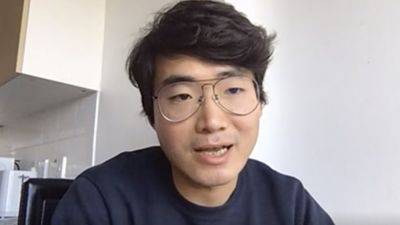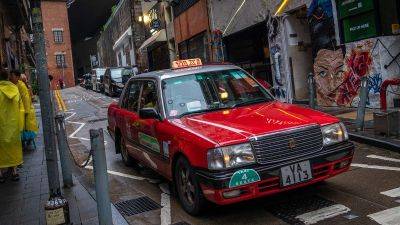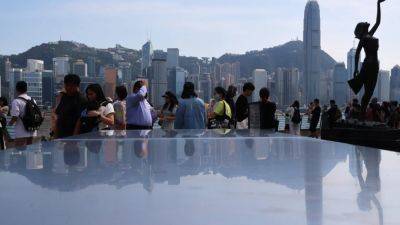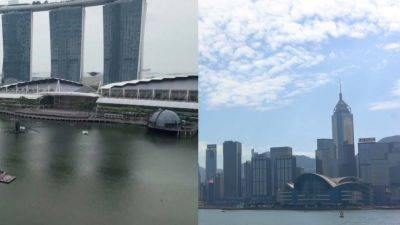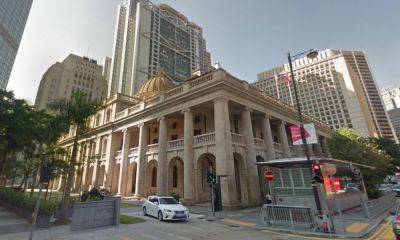Hong Kong trade office’s contributions to ties with UK mustn’t be forgotten
Hong Kong has 14 ETOs across North America, the United Kingdom, Europe, Japan, Southeast Asia and Australia. They were established in accordance with Article 156 of the Basic Law, which provides that “the Hong Kong Special Administrative Region may, as necessary, establish official or semi-official economic and trade missions in foreign countries”. The history of Hong Kong’s overseas representations on trade and economic issues goes back a long time, well before becoming a special administrative region.
After the second world war, Hong Kong emerged as a powerhouse in textile and garment manufacturing. Following the communist takeover in 1949, textile manufacturers from mainland China brought capital, machinery and skills to Hong Kong, and soon became leading exporters of cotton yarn to Southeast Asia.
Hong Kong’s textile manufacturers diversified into weaving and the production of fabrics and garments. Hong Kong’s textile and garment industry became so successful that by the 1980s, it had become subject to “voluntary export restraints” imposed by Western importing countries. The voluntary export restraints were later transformed into quotas for the export of textile products to the developed countries.
The imposition of textile export quotas and other trade restraints forced Hong Kong officials to play an active role in defending Hong Kong’s trade and economic interests in Geneva and other capitals, arguing for the reduction of tariffs, quotas and subsidies in accordance with the General Agreement on Tariffs and Trade, a treaty aimed at promoting free trade signed in 1947.
A batch of Hong Kong’s trade officials were posted to Geneva, Washington and Brussels, where they represented Hong Kong in multilateral and bilateral


